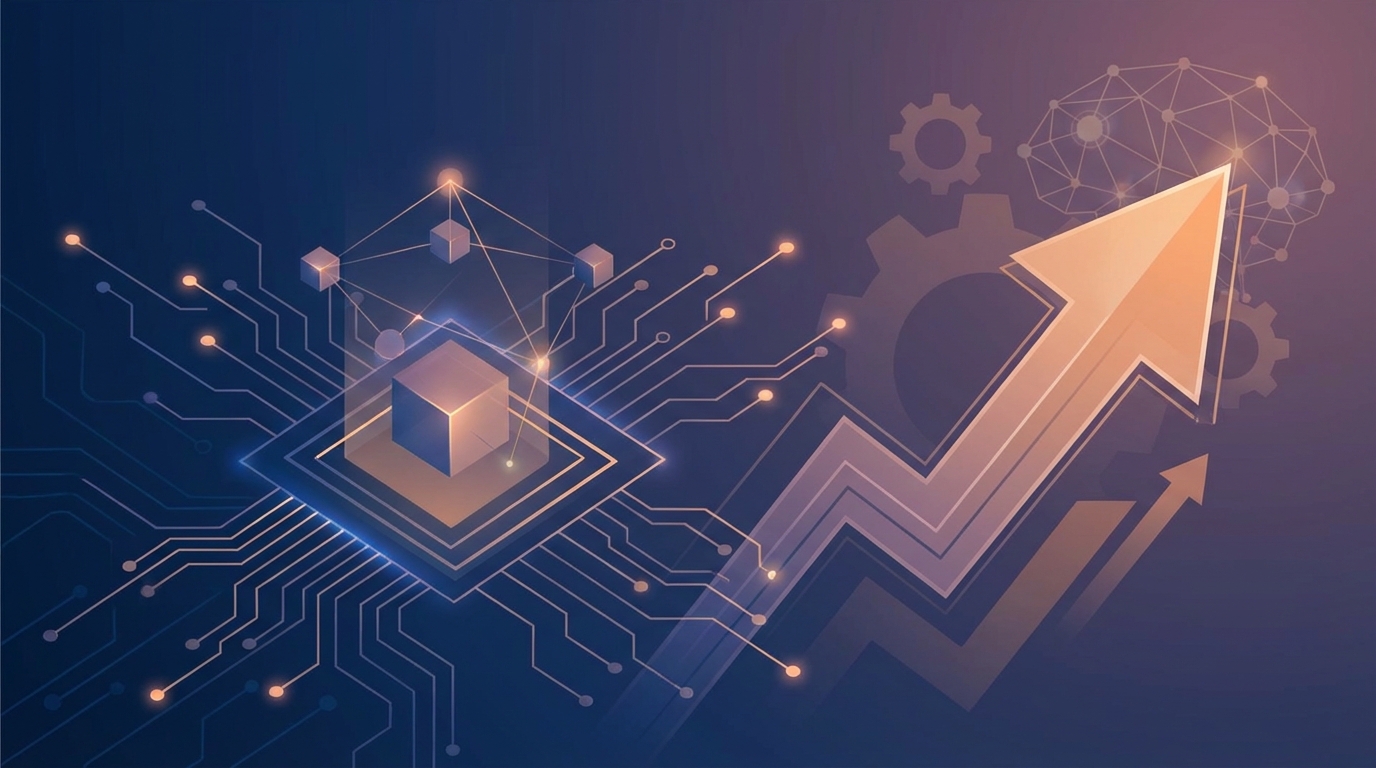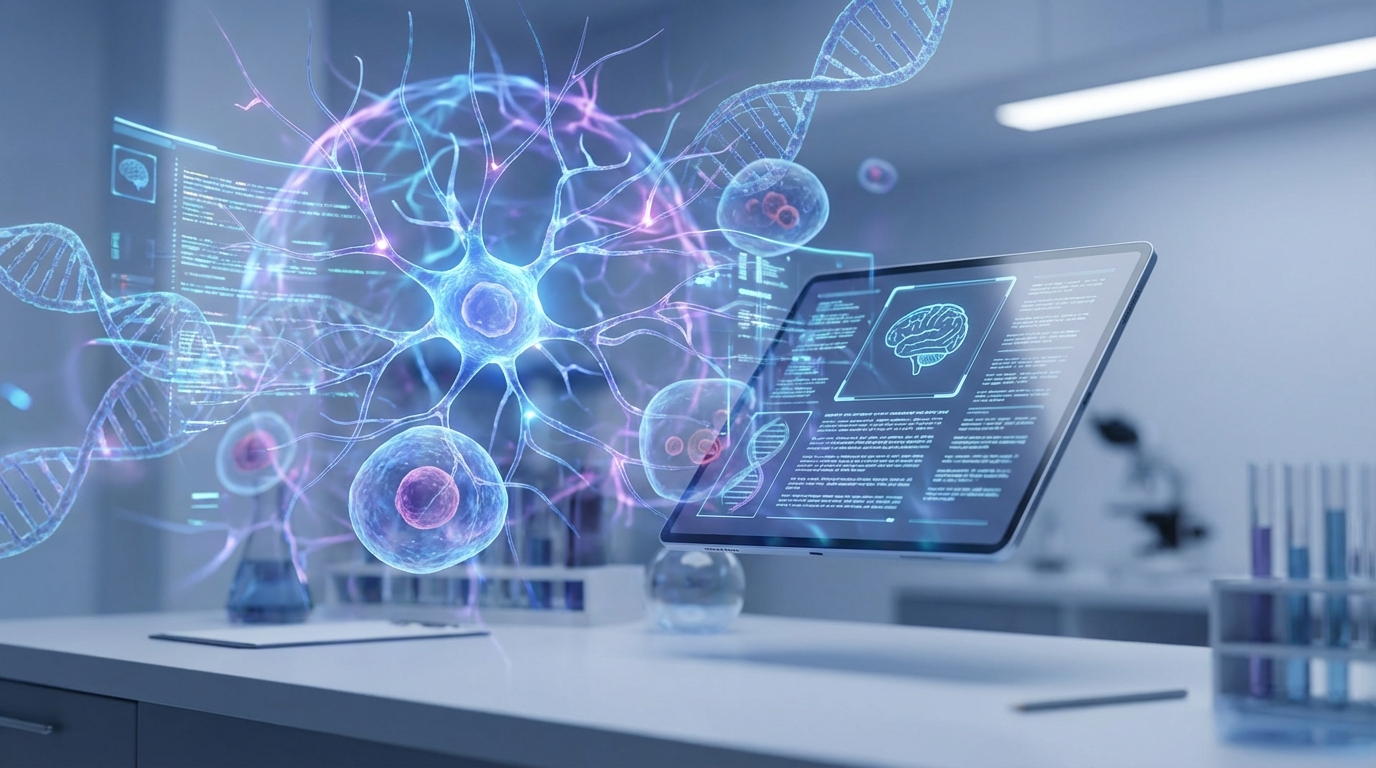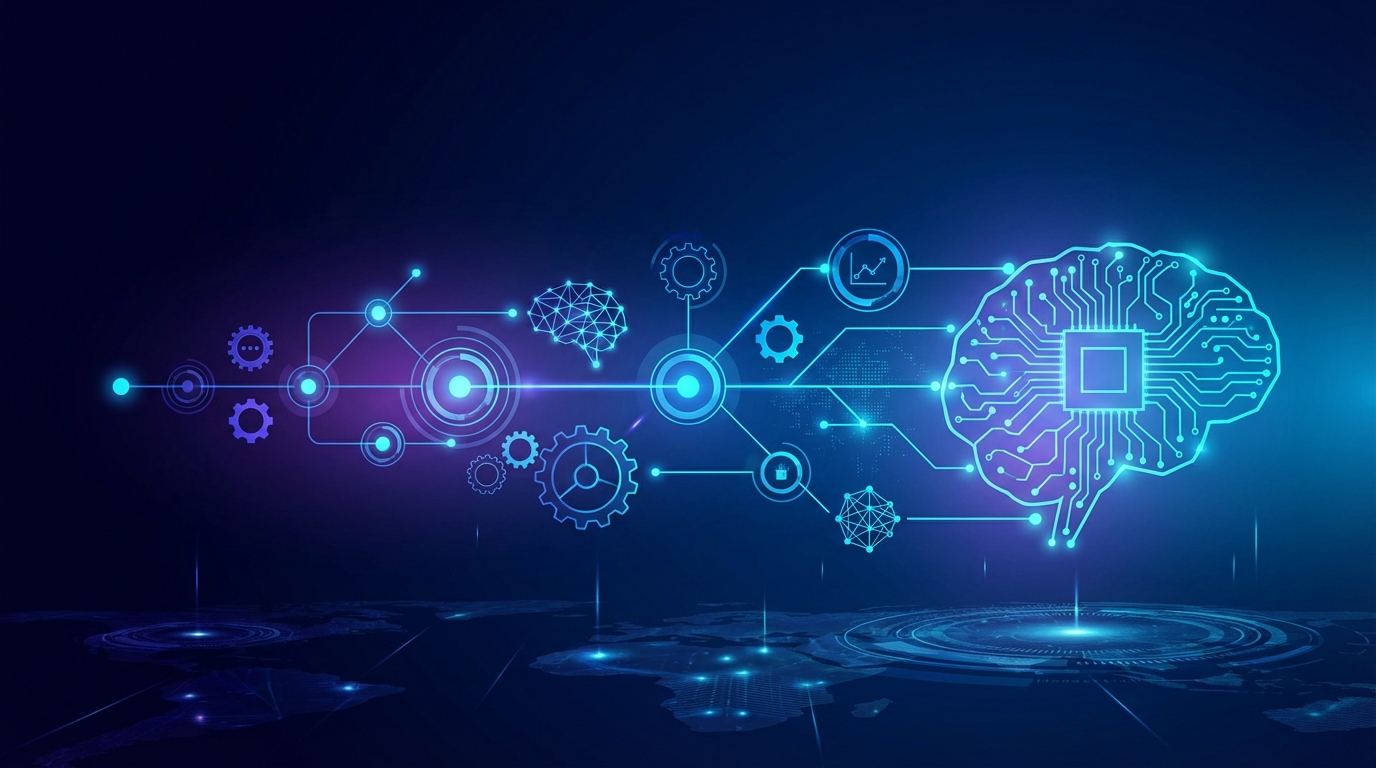
The development history of AI
The development history of Artificial Intelligence (AI) spans several decades, encompassing various fields including computer science, mathematics, psychology, and more. Here's a concise overview of AI’s evolution:
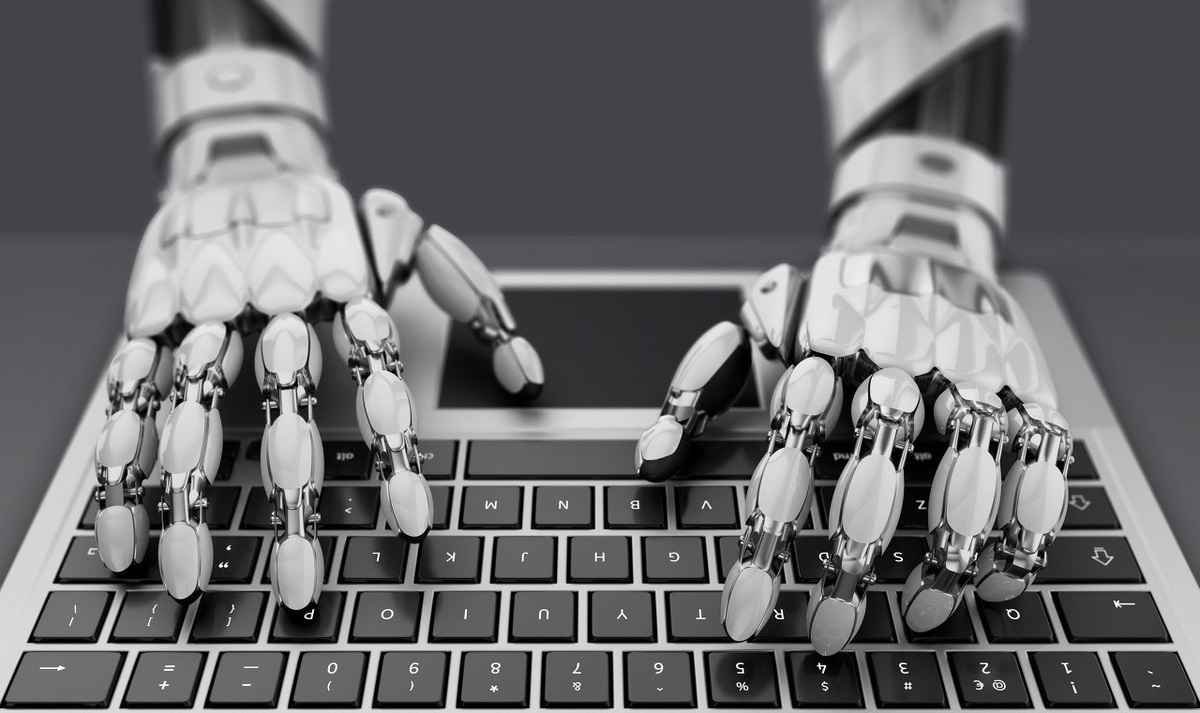
- Early Ideas and Philosophical Foundations: The concept of artificial beings with intelligence goes back to ancient civilizations, featuring in myths, stories, and philosophies.
- 1940-1960 - Birth of AI and Cybernetics: This period marked significant technological developments, including the invention of the electronic computer. Alan Turing published "Computing Machinery and Intelligence" in 1950, proposing the famous Turing Test as a criterion of intelligence.
- 1956 - The Dartmouth Conference: This event is considered the official birth of AI as a field. John McCarthy, Marvin Minsky, Allen Newell, and Herbert A. Simon were instrumental figures who attended this conference, where the term "Artificial Intelligence" was first coined.
- 1960s - Early Successes and Optimism: The 1960s saw advances like the development of ELIZA, an early natural language processing computer program, and SHRDLU, a program capable of answering questions about objects in a block world.
- 1970s to 1980s - AI Winter and Expert Systems: Due to high expectations and subsequent disillusionment, funding for AI research waned, leading to the first "AI Winter." Despite this, the period saw the rise of expert systems, which used rules to solve complex problems.
- 1980s to 1990s - Resurgence, Neural Networks, and Machine Learning: Interest in AI research rekindled with the development of machine learning techniques and neural networks. The invention of backpropagation enabled the training of multi-layer neural networks, laying the groundwork for deep learning.
- 2000s to Present - Big Data, Deep Learning, and AI Boom: With the advent of big data and increased computational power, deep learning algorithms have led to significant breakthroughs in AI, including advancements in image and speech recognition, natural language understanding, and autonomous vehicles.
- 2010s Onwards: AI systems like IBM’s Watson and innovations in AI-driven assistants (e.g., Siri, Alexa), and progress in autonomous driving have marked this period. AI's application has expanded into healthcare, finance, customer service, and beyond, with deep learning being at the forefront of many modern AI achievements.
The history of AI reflects its interdisciplinary nature and the cyclical waves of optimism and skepticism. Today, AI continues to evolve rapidly, pushing the boundaries of what machines can learn and accomplish.
The Turing Test, proposed by Alan Turing in 1950, is a method for determining whether a computer has the ability to exhibit intelligent behavior equivalent to that of a human being.
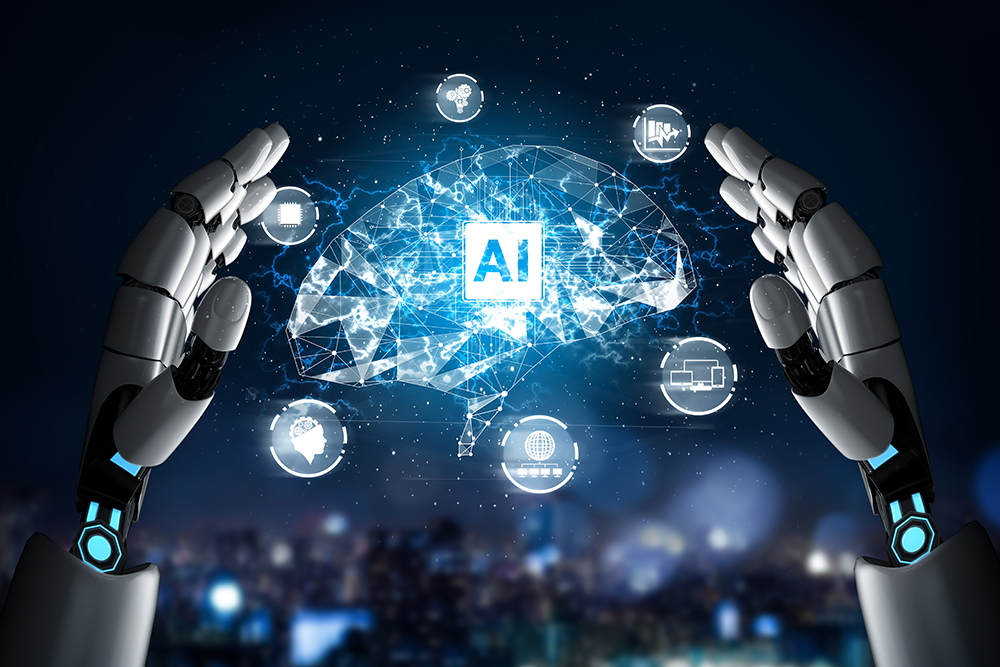
Here's an explanation of the concept and its significance:
Concept of the Turing Test:
- The Turing Test is a measure of a machine's capability to display intelligent behavior that is indistinguishable from that of a human.
- In the test, a human evaluator engages in a natural language conversation with one human and one machine, without knowing which is which.
- If the evaluator is unable to consistently discern the machine from the human during the conversation, the machine is considered to have passed the test, showcasing its ability to simulate human-like intelligence.
Significance of the Turing Test in AI Development:
- Benchmark for Intelligence: The Turing Test provides a benchmark for the level of sophistication required for a machine to be considered to have artificial intelligence.
- Guidance for Research: It inspires and directs AI research, outlining a clear goal for creating machines that can mimic human thought and communication.
- Defining AI Goals: The test helped define early goals in the field of AI by clarifying that the target was not just calculating or number-crunching ability, but also the subtler aspects of human cognition, including language understanding.
- Ethical and Philosophical Implications: The test has sparked numerous ethical and philosophical discussions regarding the nature of intelligence, consciousness, and the relationship between humans and machines.
While the Turing Test has been a fundamental concept in AI, it's also important to note its limitations. Critics argue that passing the test doesn't necessarily mean a machine possesses true understanding or consciousness. As AI continues to evolve, the Turing Test remains a concept of historical importance but is complemented by a variety of other measures and benchmarks in intelligent system evaluation.
Share this article
Related Posts
In the world of biological science, the professionalism of a paper is not just about the content, but also about how it's researched, structured, and presented. AI writing tools like Jenni AI have become transformative assets in pushing the boundaries of academic and professional writing. Here's how leveraging Jenni AI can upgrade your biological science papers.
